
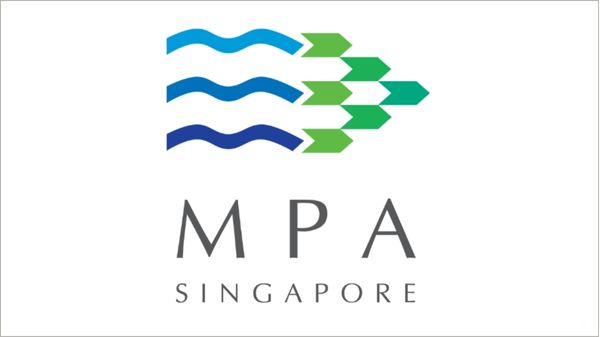
|
Singapore opens applications for additional LNG bunkering licences
Maritime and Port Authority sets 27 March deadline for operators seeking new supply permits. |
|
|
|
||
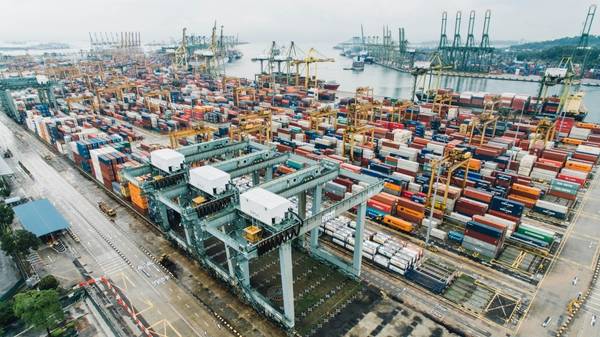
|
Singapore reports record marine fuel sales and container throughput in 2025
Port of Singapore handled 56.77 million tonnes of marine fuel, up 3.4% year-on-year. |
|
|
|
||
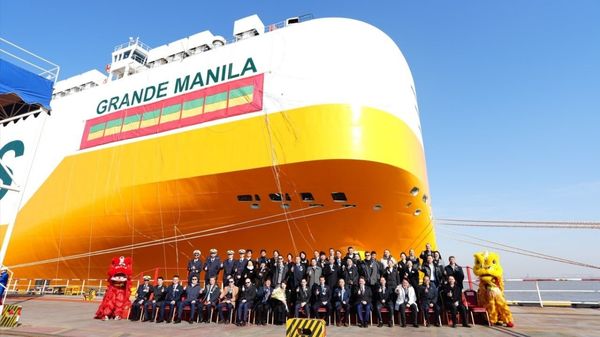
|
Grimaldi takes delivery of seventh ammonia-ready car carrier Grande Manila
The 9,241-ceu vessel was delivered in Shanghai and begins Asia–Europe service this week. |
|
|
|
||
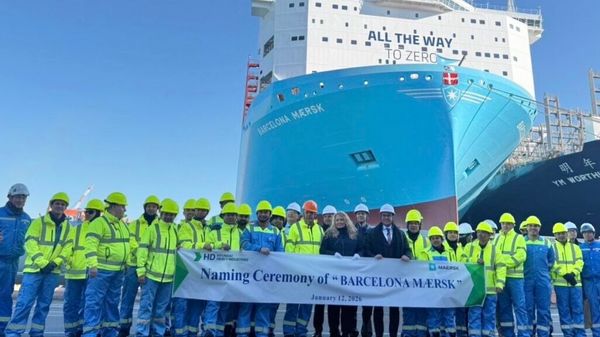
|
Maersk takes delivery of final 17,480-teu dual-fuel containership
Barcelona Maersk completes six-vessel class built with HD Hyundai Heavy Industries in South Korea. |
|
|
|
||
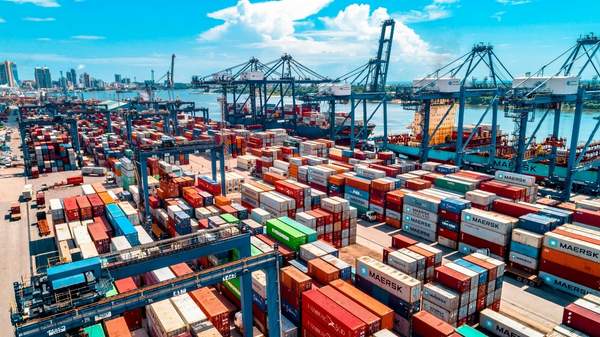
|
Ports face 2030 deadline for shore power as only 20% of EU connections installed
TT Club warns European ports lag behind on onshore power supply infrastructure ahead of mandatory 2030 regulations. |
|
|
|
||
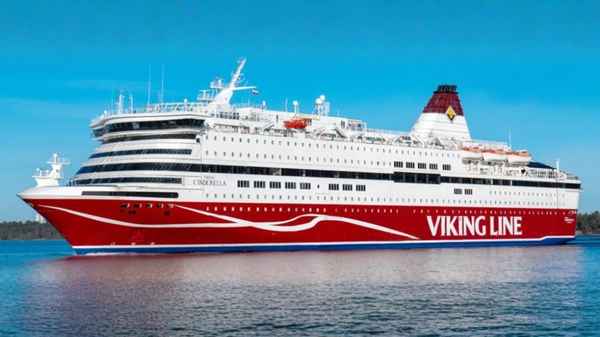
|
Viking Line reports cargo record and tenfold biogas increase in 2025
Baltic Sea ferry operator transported 139,484 cargo units while reducing greenhouse gas emissions by 60,000 tonnes. |
|
|
|
||
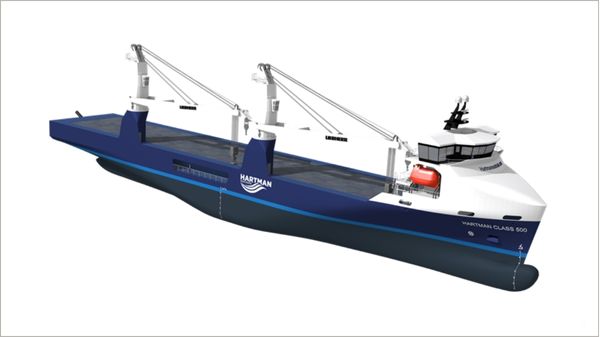
|
Hartman Seatrade orders Wärtsilä 31 engine for new heavy lift vessel
Dutch operator selects fuel-efficient engine and propulsion package for 3,800-dwt newbuild at Rock Shipbuilding. |
|
|
|
||
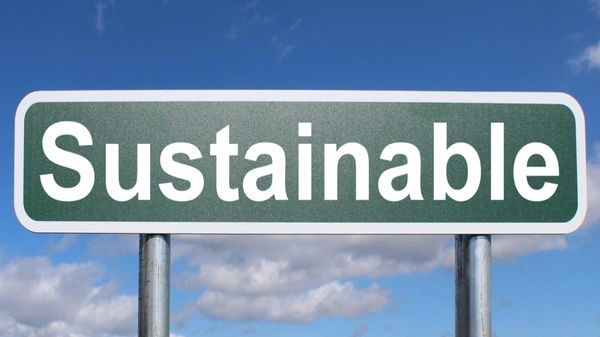
|
Superalfuel workshop to examine safety and sustainability of alternative marine fuels
Event in Montenegro will focus on hydrogen, ammonia, and methanol deployment in port areas. |
|
|
|
||
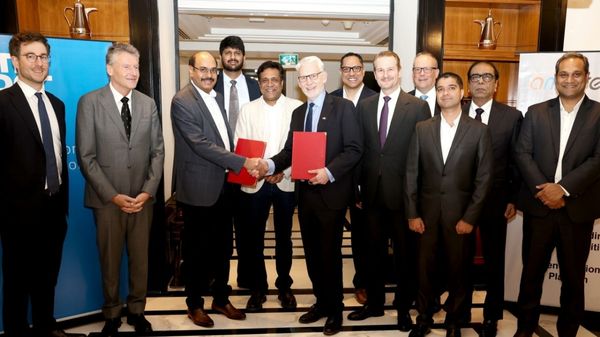
|
Uniper signs deal for up to 500 kt/yr of renewable ammonia from AM Green
Agreement marks first long-term RFNBO-certified renewable ammonia offtake deal for an Indian company. |
|
|
|
||
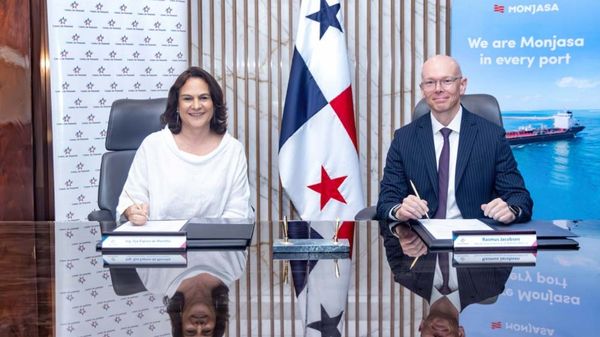
|
Panama Canal Authority and Monjasa sign five-year cooperation agreement
Partnership to fund community projects in Panama Canal Watershed focused on environment and education. |
|
|
|
||
| Singapore 380-cst sales overtake 2008 total [News & Insights] |
| SSA supports bunker levy scheme [News & Insights] |
| Faber Marine supplier licence cancelled [News & Insights] |
| Singapore 380-cst contract to launch in Q1 2010 [News & Insights] |